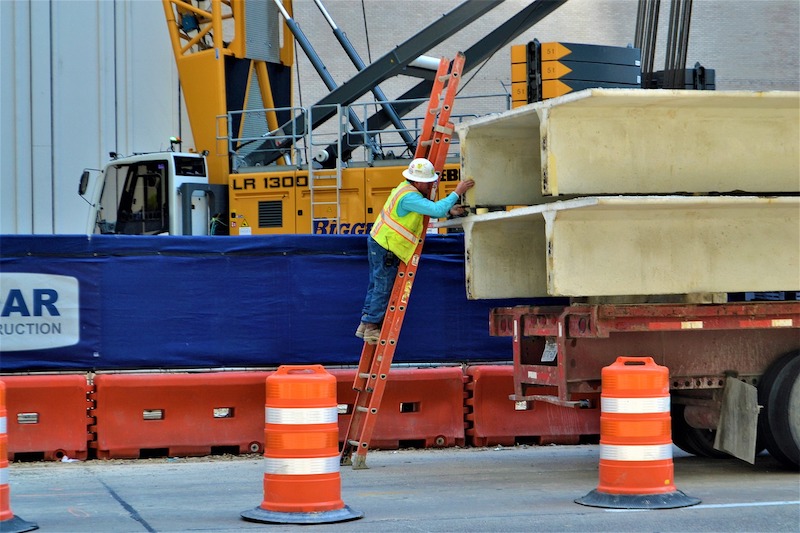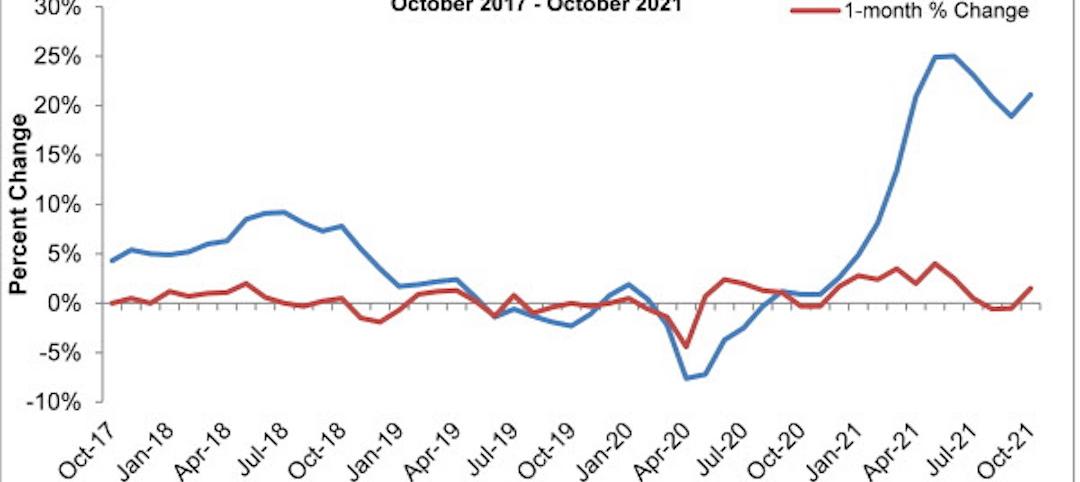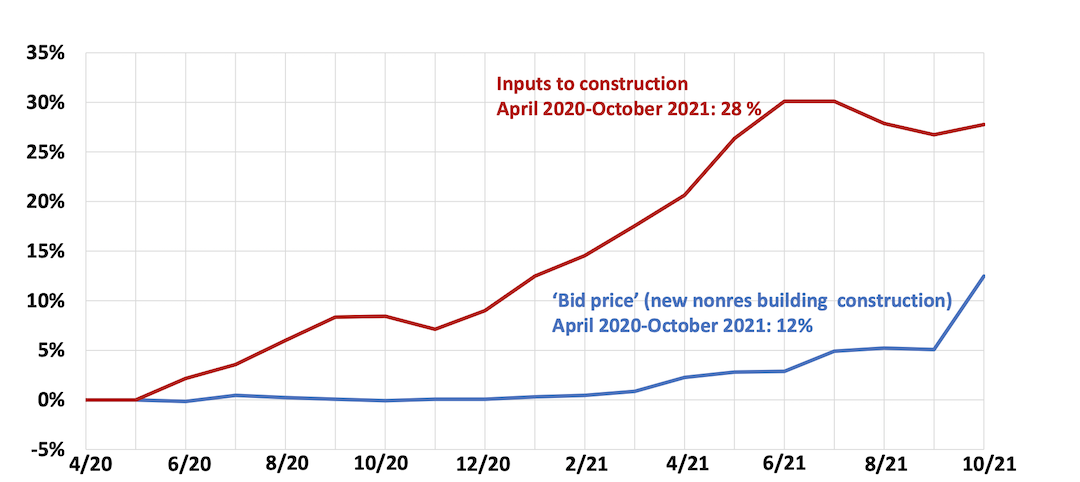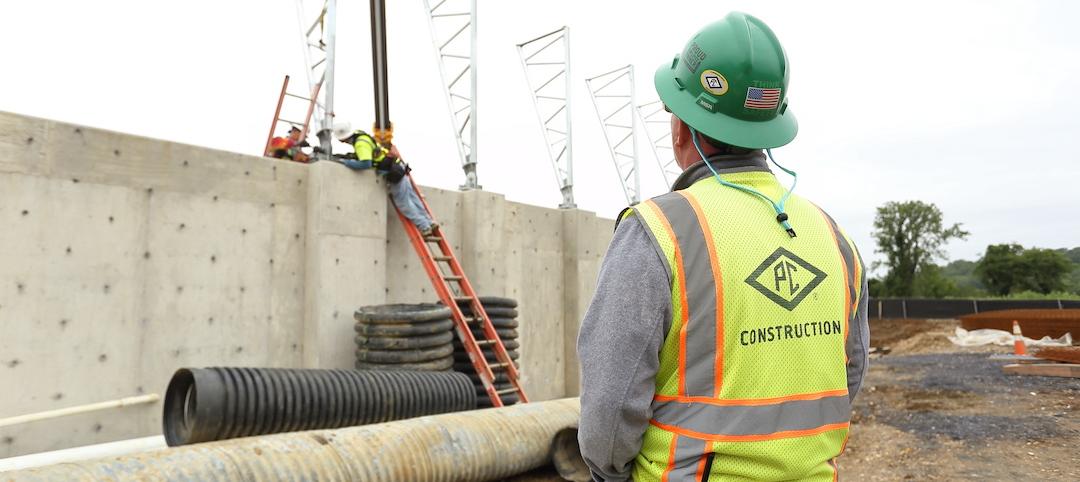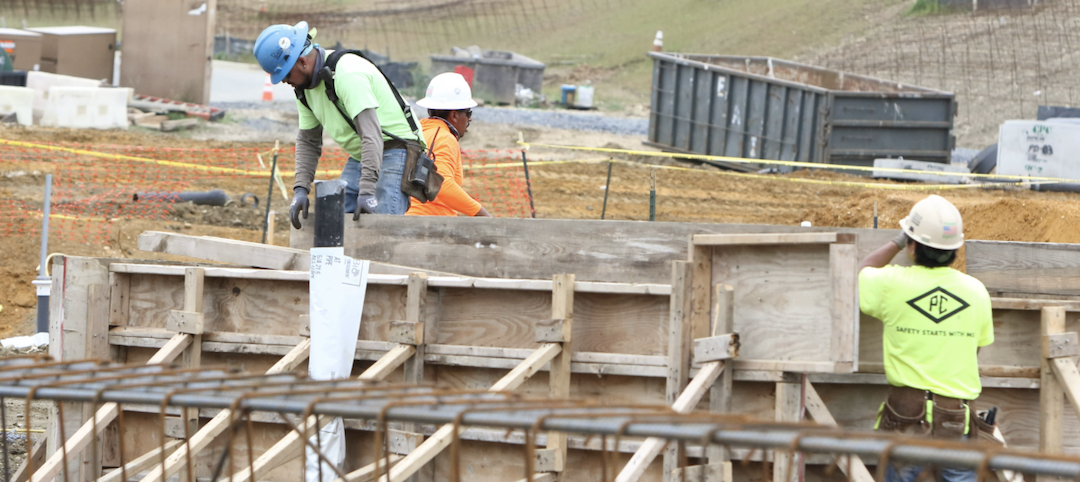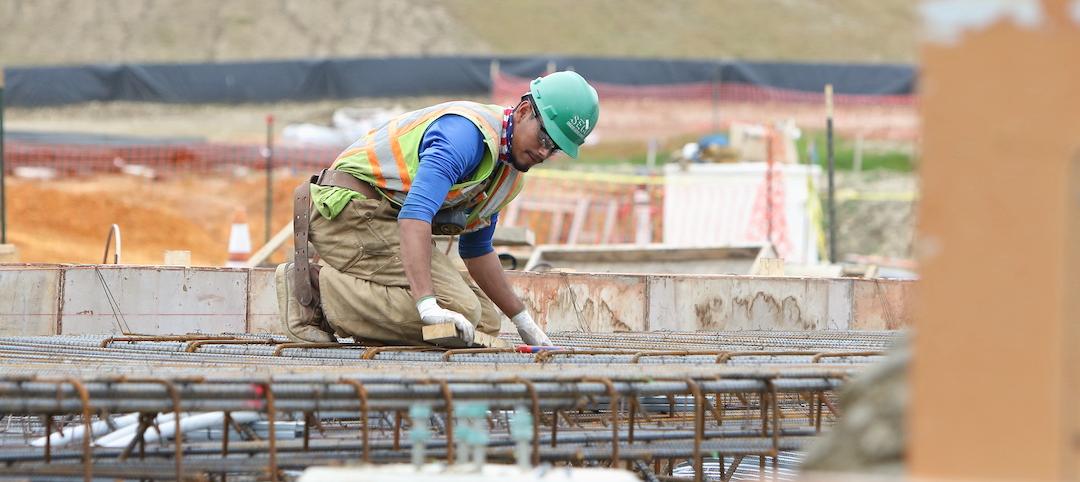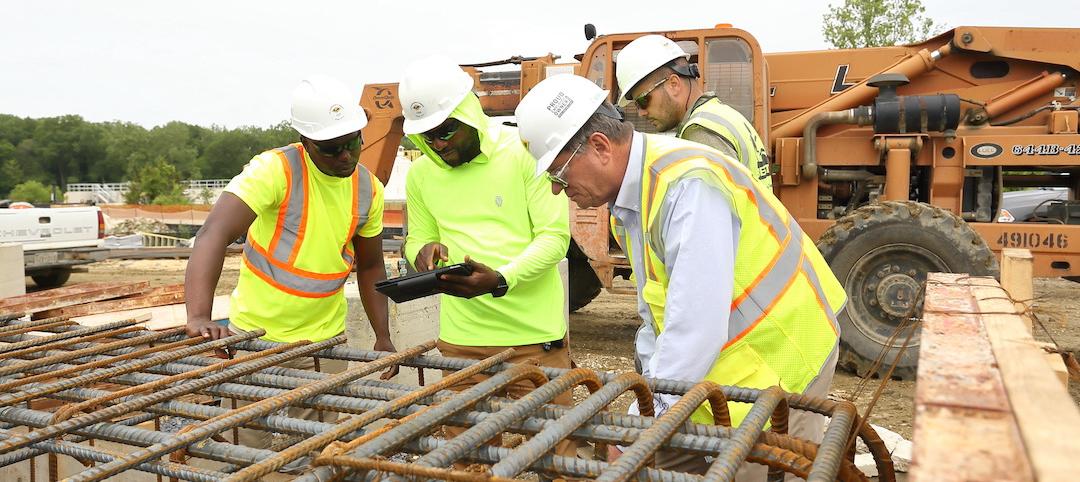Construction employment stagnated in January, ending eight months of recovery from the pandemic-related losses of early 2020, according to an analysis by the Associated General Contractors of America of government data released today. Association officials added that new measures being considered in Congress, including the PRO Act and the National Apprenticeship Act, threaten to undermine the sector’s recovery by disrupting ongoing projects and hampering employers’ ability to train workers.
“The stagnation in construction employment in January may foreshadow further deterioration in the industry as projects that had started before the pandemic finish up and owners hold off on awarding new work,” said Ken Simonson, the association’s chief economist. “With so much of the economy still shut down or operating at reduced levels, it will likely be a long time before many nonresidential contractors are ready to hire again.”
Construction employment dipped by 3,000 to 7,392,000 in January from a downwardly revised December total. Employment in the sector remains 256,000 or 3.3% lower than in February 2020, the most recent peak.
Nonresidential construction has had a much weaker recovery than homebuilding and home improvement construction, Simonson added. While both parts of the industry had huge job losses in early 2020 from the pre-pandemic peak in February to April, residential building and specialty trade contractors have now recouped all of the employment losses they incurred. In contrast, nonresidential construction employment—comprising nonresidential building, specialty trades, and heavy and civil engineering construction—was 259,000 or 5.5% lower in January than in February 2020. Only 60% of the job losses in nonresidential construction had been erased as of last month.
Unemployment in construction soared over the past 12 months. The industry’s unemployment rate in January was 9.4%, compared to 5.4% in January 2020. A total of 938,000 former construction workers were unemployed, up from 515,000 a year earlier. Both figures were the highest for January since 2015.
Association officials warned that the newly-introduced PRO Act would hurt construction workers and demand for future projects by unleashing a new wave of labor unrest that could put a halt to many types of construction projects, even those that are not directly involved in a labor dispute with a union. Meanwhile, the National Apprenticeship Act seeks to deny federal funding to registered apprenticeship programs that are not operated with unions. This would undermine the ability of many firms across the country to train and prepare workers.
“Instead of finding ways to build back better, these new congressional proposals would leave many workers unpaid and untrained while projects languish, unfinished,” said Stephen E. Sandherr, the association’s chief executive officer. “It is hard to see how cutting funding to training programs, undermining workers, and crippling the economy will help put more people back to work in construction or other fields.”
Related Stories
Market Data | Nov 22, 2021
Only 16 states and D.C. added construction jobs since the pandemic began
Texas, Wyoming have worst job losses since February 2020, while Utah, South Dakota add the most.
Market Data | Nov 10, 2021
Construction input prices see largest monthly increase since June
Construction input prices are 21.1% higher than in October 2020.
Market Data | Nov 9, 2021
Continued increases in construction materials prices starting to drive up price of construction projects
Supply chain and labor woes continue.
Market Data | Nov 5, 2021
Construction firms add 44,000 jobs in October
Gain occurs even as firms struggle with supply chain challenges.
Market Data | Nov 3, 2021
One-fifth of metro areas lost construction jobs between September 2020 and 2021
Beaumont-Port Arthur, Texas and Sacramento--Roseville--Arden-Arcade Calif. top lists of gainers.
Market Data | Nov 2, 2021
Construction spending slumps in September
A drop in residential work projects adds to ongoing downturn in private and public nonresidential.
Hotel Facilities | Oct 28, 2021
Marriott leads with the largest U.S. hotel construction pipeline at Q3 2021 close
In the third quarter alone, Marriott opened 60 new hotels/7,882 rooms accounting for 30% of all new hotel rooms that opened in the U.S.
Hotel Facilities | Oct 28, 2021
At the end of Q3 2021, Dallas tops the U.S. hotel construction pipeline
The top 25 U.S. markets account for 33% of all pipeline projects and 37% of all rooms in the U.S. hotel construction pipeline.
Market Data | Oct 27, 2021
Only 14 states and D.C. added construction jobs since the pandemic began
Supply problems, lack of infrastructure bill undermine recovery.
Market Data | Oct 26, 2021
U.S. construction pipeline experiences highs and lows in the third quarter
Renovation and conversion pipeline activity remains steady at the end of Q3 ‘21, with conversion projects hitting a cyclical peak, and ending the quarter at 752 projects/79,024 rooms.


